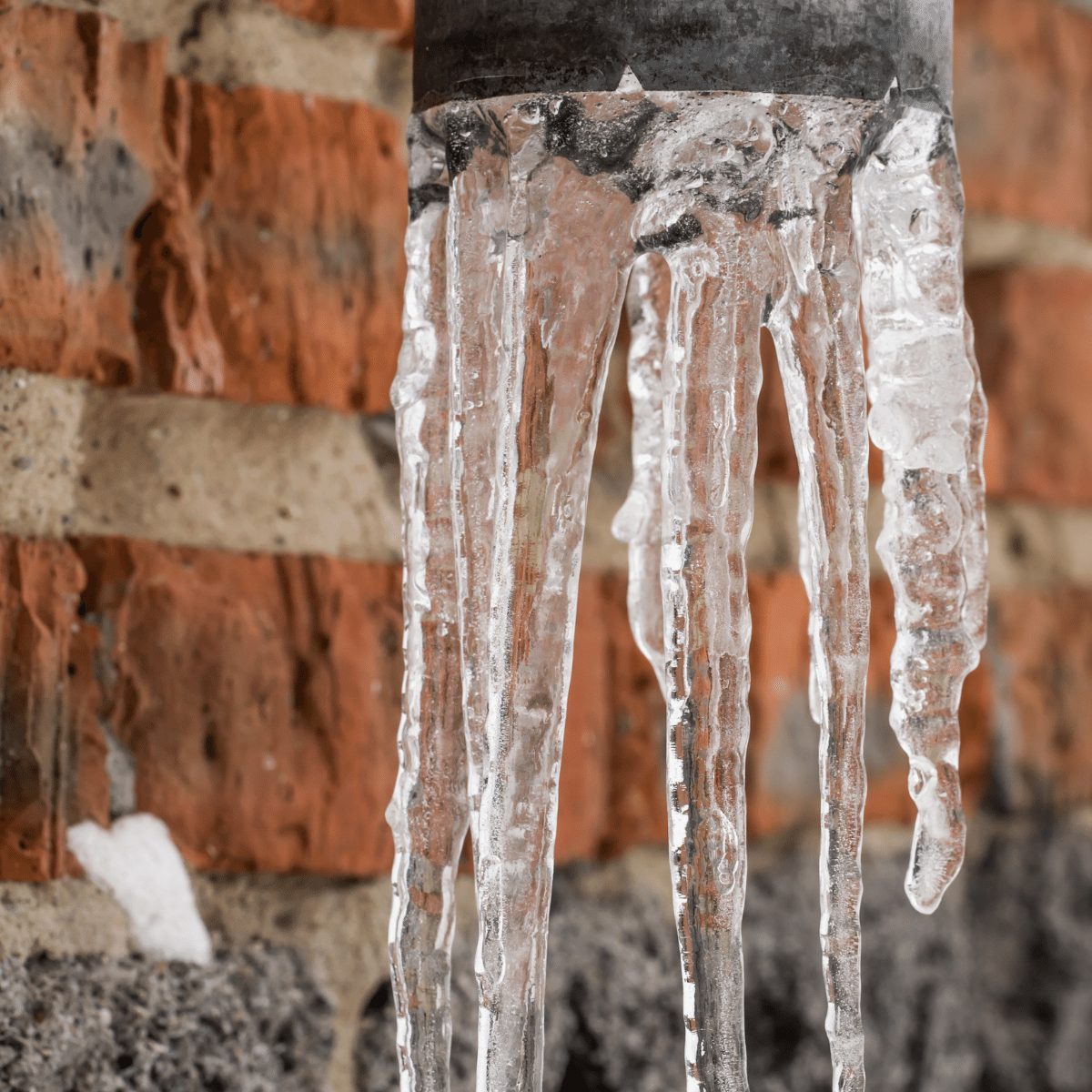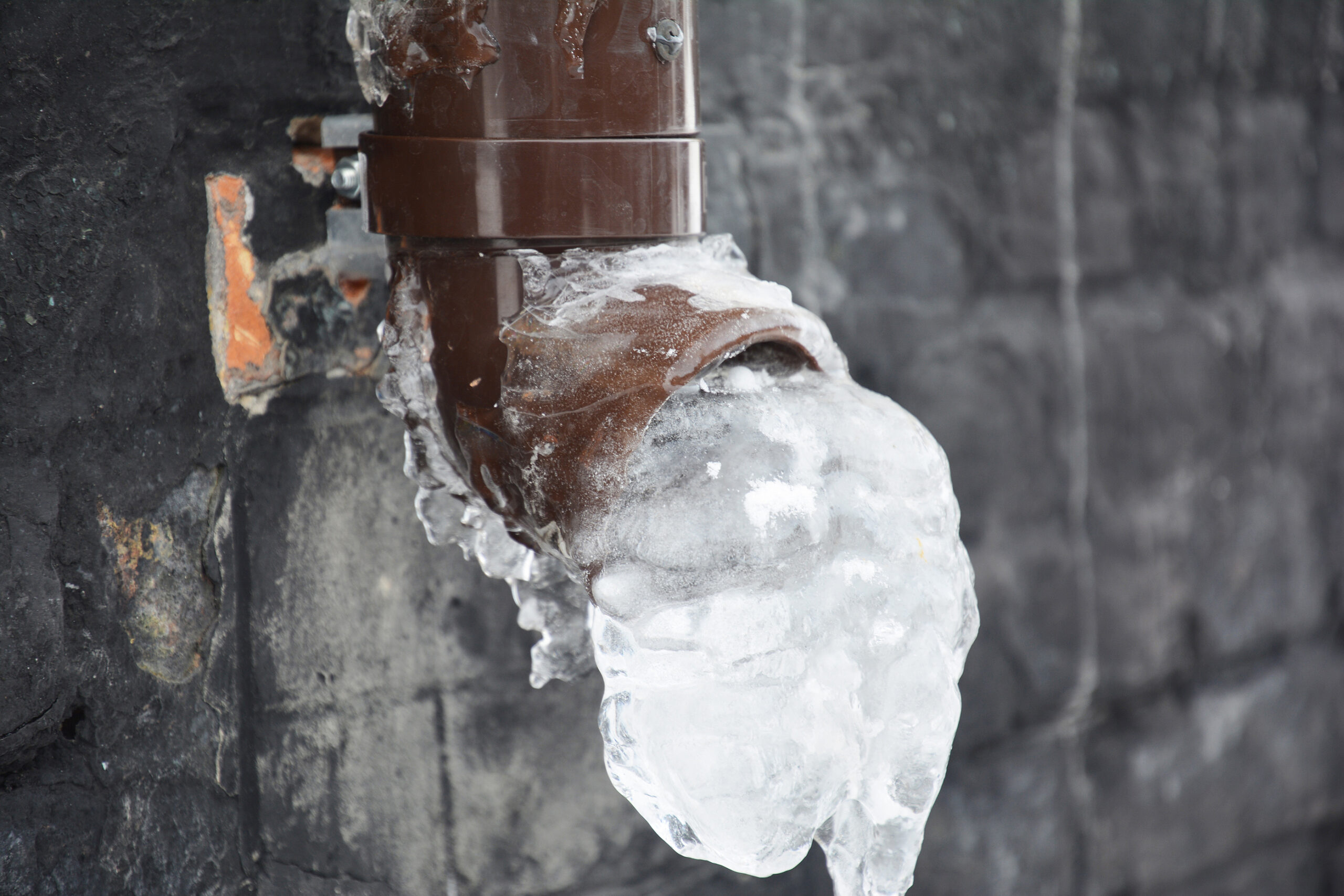What are your beliefs on Winter Plumbing Precautions: Preventing Frozen Pipes?

Cold weather can ruin your pipes, specifically by freezing pipelines. Here's just how to prevent it from happening and what to do if it does.
Introduction
As temperatures decrease, the danger of frozen pipes boosts, potentially causing expensive repair work and water damage. Understanding exactly how to prevent icy pipes is vital for home owners in cold environments.
Comprehending Icy Pipelines
What causes pipelines to ice up?
Pipes freeze when exposed to temperature levels below 32 ° F (0 ° C) for expanded periods. As water inside the pipes ices up, it increases, putting pressure on the pipeline walls and possibly creating them to rupture.
Dangers and problems
Frozen pipes can cause supply of water interruptions, home damages, and costly repair services. Burst pipelines can flooding homes and cause substantial structural damage.
Indicators of Frozen Pipes
Recognizing frozen pipes early can prevent them from rupturing.
How to recognize icy pipes
Seek decreased water flow from taps, uncommon smells or noises from pipelines, and noticeable frost on revealed pipes.
Prevention Tips
Insulating at risk pipelines
Cover pipes in insulation sleeves or use warm tape to protect them from freezing temperature levels. Concentrate on pipes in unheated or outside areas of the home.
Heating techniques
Keep indoor spaces sufficiently warmed, specifically areas with plumbing. Open cupboard doors to permit warm air to circulate around pipes under sinks.
Securing Outdoor Pipes
Garden tubes and exterior faucets
Separate and drain pipes yard hoses before winter. Set up frost-proof spigots or cover outside faucets with insulated caps.
What to Do If Your Pipes Freeze
Immediate activities to take
If you think frozen pipes, maintain taps open up to relieve stress as the ice thaws. Use a hairdryer or towels soaked in warm water to thaw pipelines gradually.
Long-Term Solutions
Structural modifications
Think about rerouting pipes away from outside wall surfaces or unheated areas. Include added insulation to attic rooms, cellars, and crawl spaces.
Updating insulation
Invest in high-quality insulation for pipes, attic rooms, and wall surfaces. Appropriate insulation helps keep constant temperatures and minimizes the danger of frozen pipelines.
Verdict
Avoiding frozen pipelines calls for aggressive steps and fast reactions. By understanding the reasons, signs, and safety nets, house owners can safeguard their pipes throughout winter.
Helpful Tips to Prevent Frozen Pipes this Winter
UNDERSTANDING THE BASICS: WHY PIPES FREEZE AND WHY IT’S A PROBLEM
Water freezing inside pipes is common during the winter months, but understanding why pipes freeze, and the potential problems it can cause is crucial in preventing such incidents. This section will delve into the basics of why pipes freeze and the associated problems that may arise.
THE SCIENCE BEHIND FROZEN PIPES
When water reaches freezing temperatures, it undergoes a physical transformation and solidifies into ice. This expansion of water as it freezes is the primary reason pipes can burst. As the water inside the pipe freezes, it expands, creating immense pressure on the walls. If the pressure becomes too great, the pipe can crack or rupture, leading to leaks and water damage.
FACTORS THAT CONTRIBUTE TO PIPE FREEZING
Low Temperatures: Extremely cold weather, especially below freezing, increases the risk of pipes freezing. Uninsulated or Poorly Insulated Pipes: Pipes located in unheated areas, such as basements, crawl spaces, or attics, are more prone to freezing. Insufficient insulation or lack of insulation altogether exacerbates the problem. Exterior Wall Exposure: Pipes running along exterior walls are susceptible to freezing as they encounter colder temperatures outside. Lack of Heating or Temperature Regulation: Inadequate heating or inconsistent temperature control in your home can contribute to frozen pipes. PROBLEMS CAUSED BY FROZEN PIPES
- Pipe Bursting: As mentioned earlier, the expansion of water as it freezes can cause pipes to burst, resulting in significant water damage.
- Water Damage: When pipes burst, it can lead to flooding and water damage to your property, including walls, ceilings, flooring, and personal belongings.
- Structural Damage: Prolonged exposure to water from burst pipes can compromise the structural integrity of your home, leading to costly repairs.
- Mold and Mildew Growth: Excess moisture from water damage can create a favorable environment for mold and mildew growth, posing health risks to occupants.
- Disrupted Water Supply: Frozen pipes can also result in a complete or partial loss of water supply until the issue is resolved.
WHY CERTAIN PIPES ARE MORE PRONE TO FREEZING
- Location: Pipes located in unheated or poorly insulated areas, such as basements, crawl spaces, attics, or exterior walls, are at higher risk of freezing.
- Exterior Pipes: Outdoor pipes, such as those used for irrigation or exposed plumbing, are particularly vulnerable to freezing as they are directly exposed to the elements.
- Supply Lines: Pipes that carry water from the main water supply into your home, including the main water line, are critical to protect as freezing in these lines can affect your entire plumbing system.
- Underground Pipes: Pipes buried underground, such as those connected to sprinkler systems or outdoor faucets, can be susceptible to freezing if not properly insulated.
https://busybusy.com/blog/helpful-tips-to-prevent-frozen-pipes-this-winter/

Hopefully you liked our article on Helpful Tips to Prevent Frozen Pipes this Winter. Thanks a ton for taking the time to read our blog post. Sharing is caring. You never know, you may very well be doing someone a favor. Thanks a lot for going through it.
Request Your Service